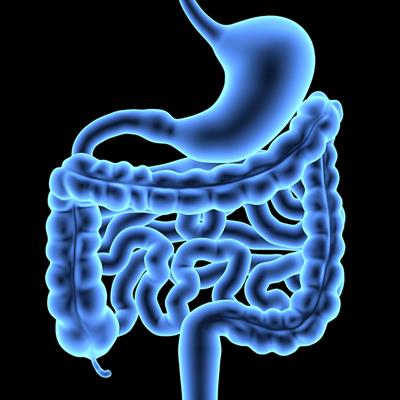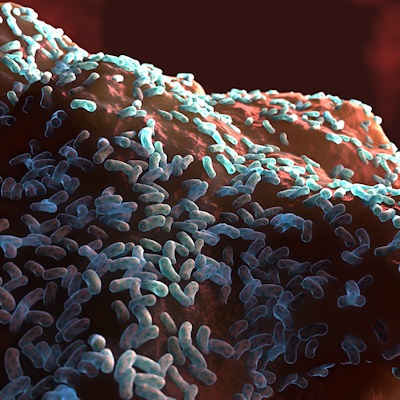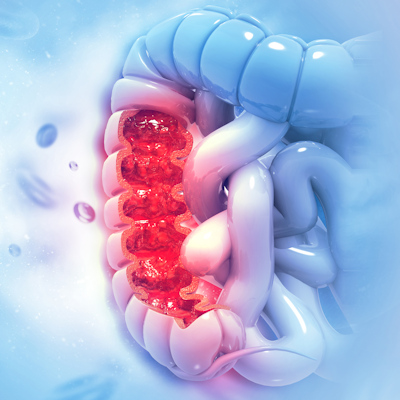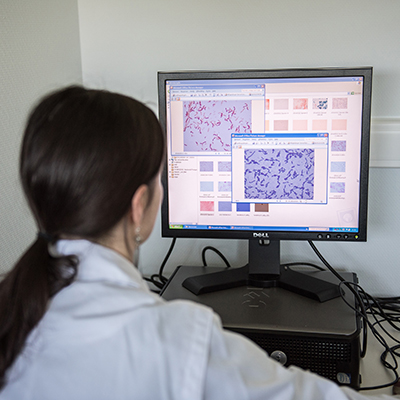October 14, 2022 -- Texas A&M University researchers aim to investigate the role of botanical compounds, including dietary phenols, in reducing intestinal inflammation in humans.
Their study, as yet unpublished, is funded by a $632,593 one-year grant from the National Institutes of Health's National Center for Complementary and Integrative Health (NCCIH); a follow-up $4 million application is still pending.
In 2018, dietary botanical supplements were a $7 billion industry, while inflammatory bowel disease -- including Crohn's disease and ulcerative colitis -- affected 1.6 million people. Most human clinical intervention studies of botanical compounds have yielded inconsistent results.
Fruits, green tea, spices, and nuts all contain healthy polyphenols. Gallotannins, the biggest subset of ingested polyphenols, are not metabolized directly by humans; rather they are substrates for select bacteria within the gastrointestinal tract. The bacterial metabolism of gallotannins generates bioavailable anti-inflammatory metabolites.
However, age and obesity are associated with a reduced intestinal ability to produce these metabolites -- hence, those populations most in need of foods with anti-inflammatory properties are likely benefiting from them least. Polyphenol metabolism may also be limited in individuals with chronic intestinal inflammation.
Two intestinal microbial enzymes active in the Lactiplantibacillus plantarum (formerly Lactobacillus plantarum) bacteria strain -- tannase and tannin acyl hydrolase GA-decarboxylase -- yield the major gallotannin metabolites. This study will develop a model using knock-out versions of Lactiplantibacillus plantarum, an optimal model for gallotannin metabolism.
The researchers hope to determine how individual microbiome interactions influence gallotannin's anti-inflammatory activities, potentially enabling the development of science-based intake recommendations.
"Principles from this study can be transferred to human clinical studies and further the scientific basis for dosing recommendations for gallotannins and other polyphenols in increasing resilience against chronic inflammatory diseases," principal investigator Susanne Talcott, PhD, of Texas A&M, said in a statement.
Copyright © 2022 scienceboard.net










